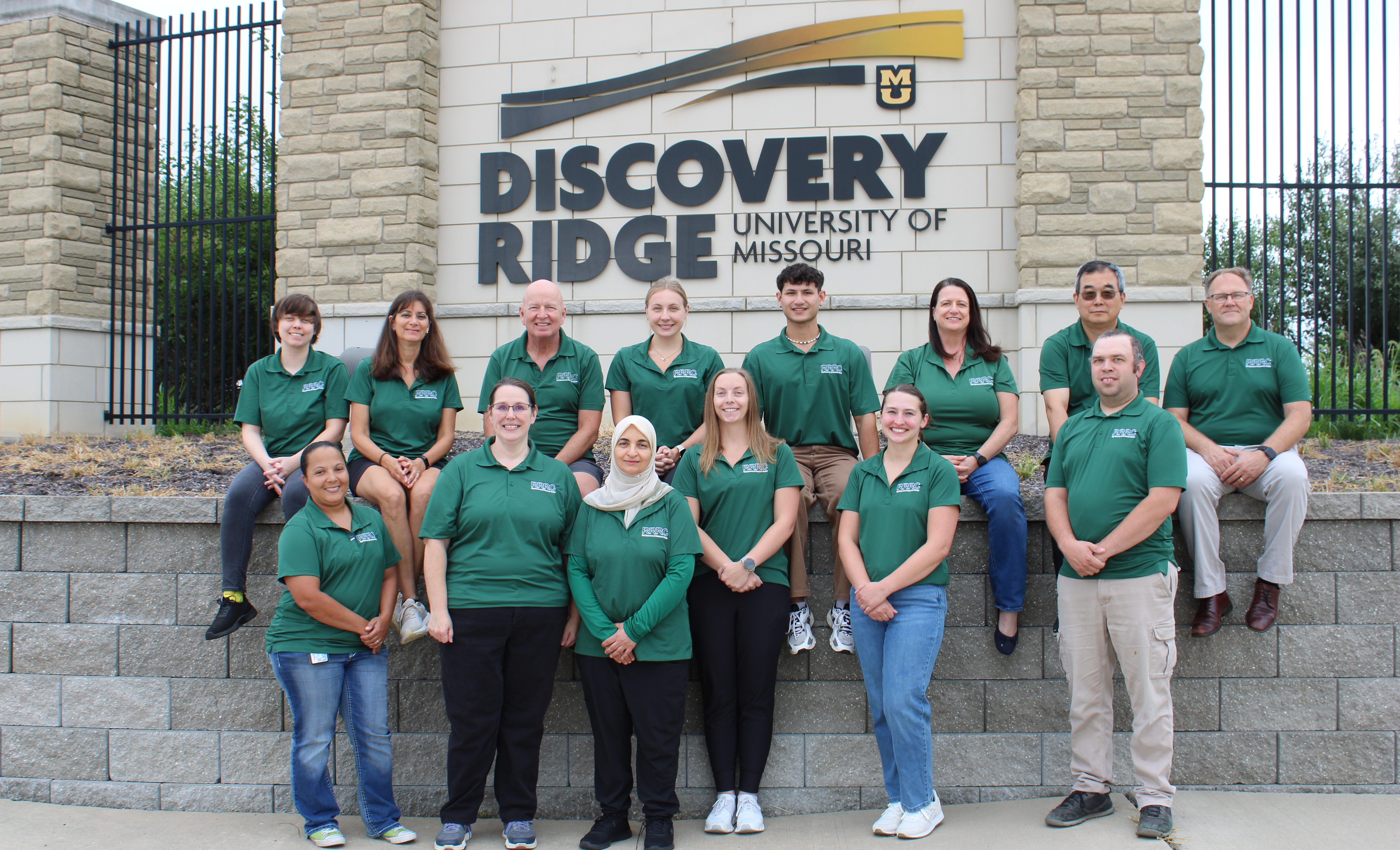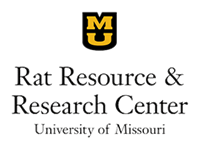Greetings from the RRRC
The RRRC provides a unique repository service to the biomedical community
Our overall goal is to provide a center for accepting and distributing high quality, well characterized rat models to investigators. To this end, the RRRC will import rat strains and stocks important to the biomedical research community; rederive rats to a pathogen-free state; cryopreserve gametes and embryos; perform genotyping; provide infectious disease monitoring to assure the quality of the rats, and distribute live rats, cryopreserved germplasm or tissues to investigators. In addition, the RRRC performs a wide variety of fee-for-services designed to facilitate all aspects of rat-related research.
The RRRC provides a unique repository service to the biomedical community by importing, storing and distributing a vast number of rat strains; as well as
performing research that improves the function of the Resource Center.
In addition to repository, cryostorage and distribution functions, the RRRC can facilitate acquisition of rat strains from other international repositories
as well as provide specialized services, consultation and technical training to investigators using rat models.
 The RRRC is located at the University of Missouri's Discovery Ridge Research Park and is supported by funding
The RRRC is located at the University of Missouri's Discovery Ridge Research Park and is supported by funding
from the National Institutes of Health (P40 OD011062).





